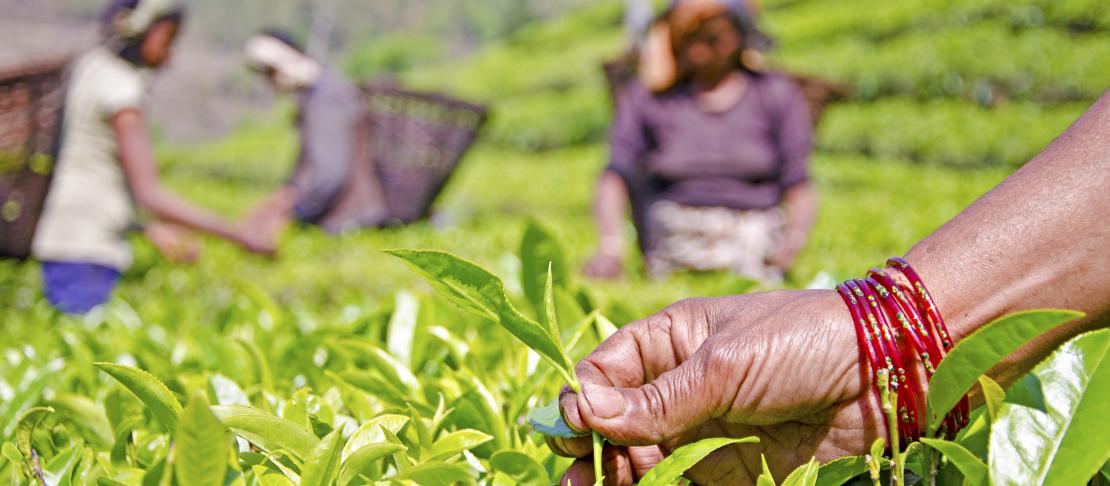Nepal government vows to implement Climate-Smart Village model as part of key policies for 2016-17

President Bidya Devi Bhandari presented the priorities of the government for the coming year at the Legislature Parliament.
The Government of Nepal has unveiled its programmes and policies for the fiscal year 2016-17. Presented by President Bidya Devi Bhandari at the Legislature Parliament, the document highlights key priorities of the government for the coming year in the areas of governance, jobs, the economy and strengthening the energy, agriculture and infrastructure sectors.
While the focus this year is on rehabilitation and reconstruction from the devastating earthquake in 2015, the government has also highlighted its many plans for agriculture given that so many people depend on it for their livelihood.
Recognising the importance of tackling climate change and its impact on agriculture, the document makes reference to implementing Climate-Smart Village concept as part of efforts to adapt to climate change.
On page 14-15 of the official document which can be accessed below, under point 56, it states:
Appropriate technology will be used to harvest rainwater and reservoir based drinking water system will be developed along with the protection of watershed areas. The concept of climate-smart villages will be gradually implemented by carrying forward the climate adaptation programme.”
Read the full document on programmes and policies for 2016-17
Among other priorities mentioned in the agriculture sector, the government has stressed that it will work to ensure that agriculture is a “dignified, safe and attractive occupation by promoting commercialisation and modernisation of the sector.”
It will strengthen farmers’ cooperatives with a focus on several key irrigation projects. It has vowed to provide social safety nets to farmers and promote livestock production through Livestock Resource Centres, offer loans to set up modern slaughterhouses and organise regular livestock markets in different parts of the country.
What are Climate-Smart Villages?
Climate-Smart Villages are sites where researchers, government officials, local development authorities and farmers come together to identify a portfolio of climate-smart adaptation practices and technologies that are best suited to the agro-ecological conditions of the area in order to build resilience, increase incomes and productivity, and lower emissions, wherever possible.
CCAFS has been working in Nepal and other countries in South Asia on scaling out climate-smart agriculture and Climate-Smart Villages with several partners from government officials to civil society organisations and farmers’ groups.
CCAFS is partnering with Practical Action Consulting, the International Finance Corporation and the government of Nepal on a project to link farmers to lead firms in sugarcane, rice and maize and raise yeuilds through climate adaptive practices.
Read more:
- Climate-Smart Villages: a community approach to sustainable agriculture
- Climate-smart agriculture: what it's all about: video
- CCAFS projects in South Asia
Arun Khatri-Chhetri is Science Officer for CCAFS South Asia and Dharini works for communications for CCAFS South Asia


